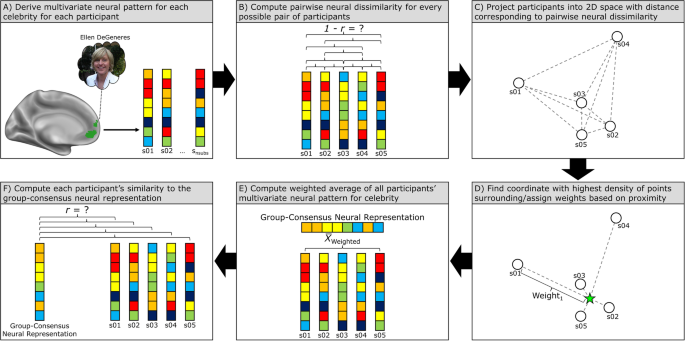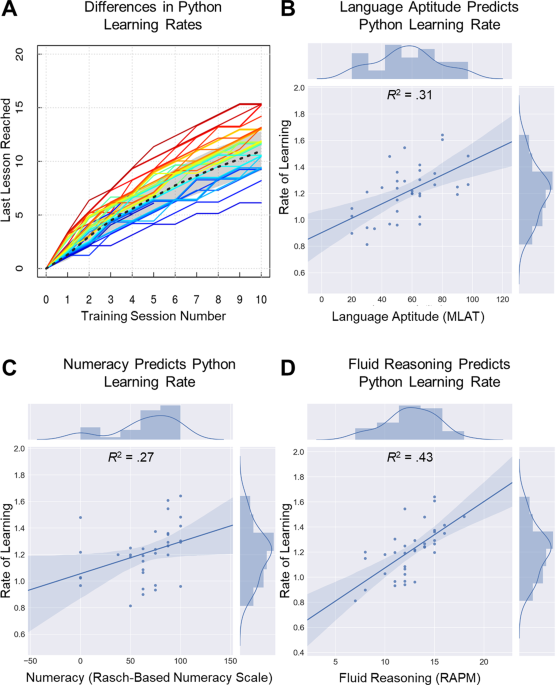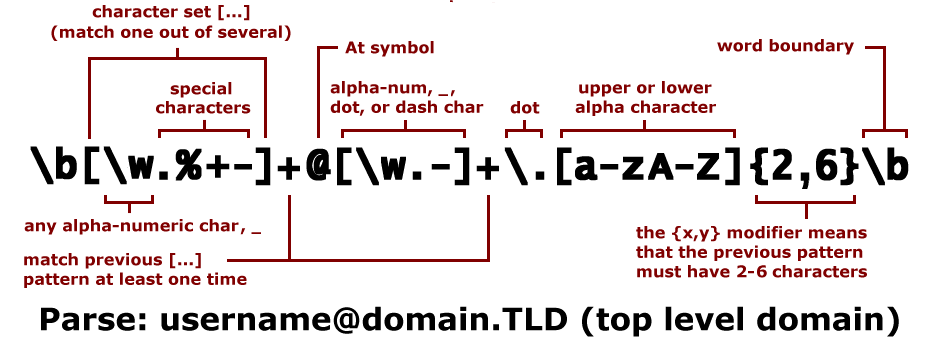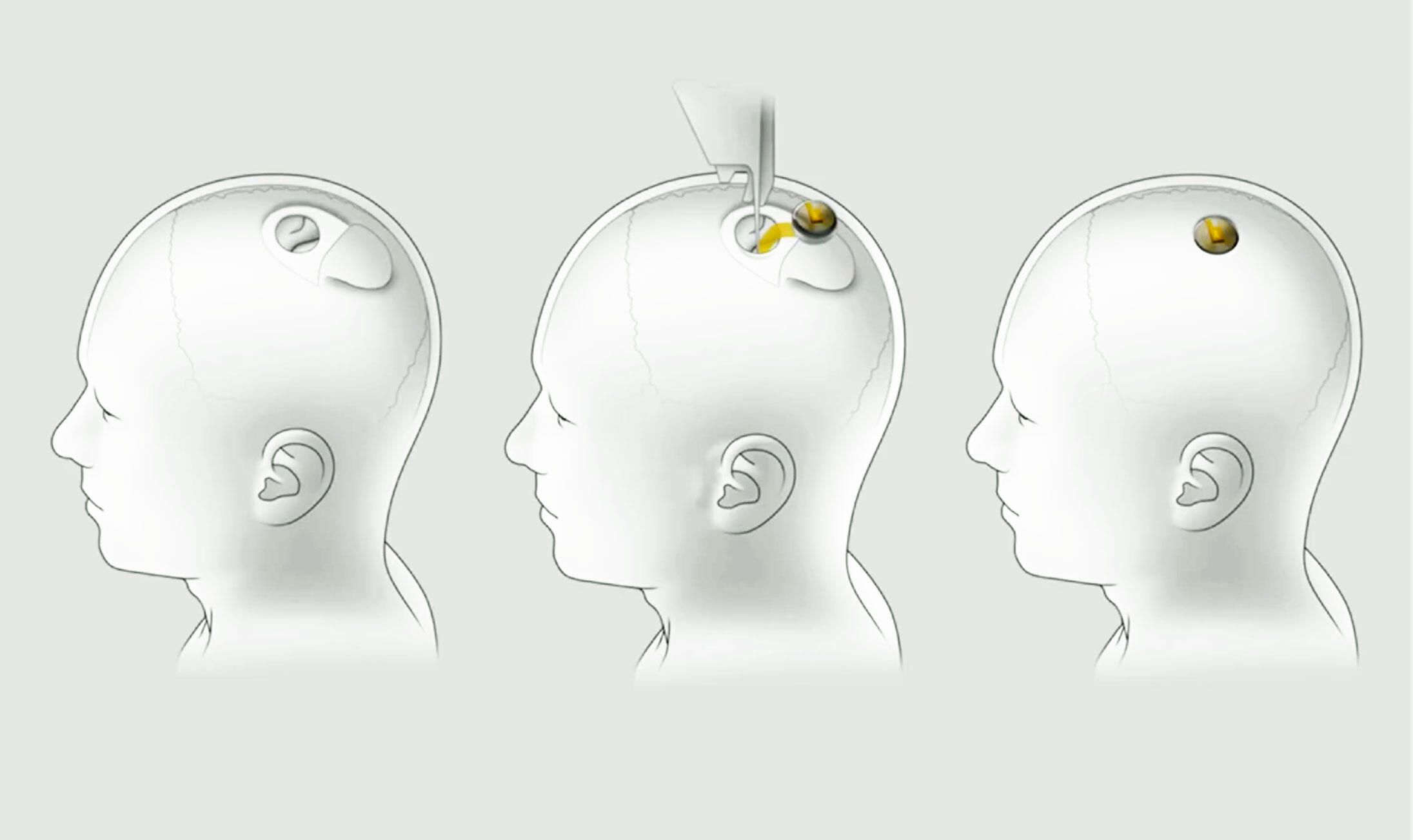
Loneliness corresponds with neural representations and language use that deviate from shared cultural perceptions
Communications Psychology volume 2, Article number: 40 (2024 ) Cite this article
The word zeitgeist refers to common perceptions shared in a given culture. Meanwhile, a defining feature of loneliness is feeling that one’s views are not shared with others. Does loneliness correspond with deviating from the zeitgeist? Across two independent brain imaging datasets, lonely participants’ neural representations of well-known celebrities strayed from group-consensus neural representations in the medial prefrontal cortex—a region that encodes and retrieves social knowledge (Studies 1 A/1B: N = 40 each). Because communication fosters social connection by creating shared reality, we next asked whether lonelier participants’ communication about well-known celebrities also deviates from the zeitgeist. Indeed, when a strong group consensus exists, lonelier individuals use idiosyncratic language to describe well-known celebrities (Study 2: N = 923). Collectively, results support lonely individuals’ feeling that their views are not shared. This suggests loneliness may not only reflect impoverished relationships with specific individuals, but also feelings of disconnection from prevalently shared views of contemporary culture.
In November of 2011, Jimmy Kimmel Live featured a skit in which Jimmy Kimmel and Ellen DeGeneres had a “nice off” – a contest of increasingly considerate acts to see who was the nicer of the two TV show hosts. The entire premise of the skit relied on the audience’s awareness of the public perception at the time of Ellen DeGeneres as a kind person. The show’s writers assumed that their millions of viewers held a common understanding of who Ellen DeGeneres was as a person and that it would be funny to riff on this shared perception precisely because of its ubiquity. The very notion of public perception takes for granted that similar mental representations of celebrities are shared by large portions of the population. A similar idea is captured by the German word zeitgeist – literally translated as “spirit of the time” – which refers to the common perceptions and cognitions shared between members of a given culture. But do we all align our views with the zeitgeist equally? Who watches something like the “nice off” skit and is in on the joke? Conversely, who is left scratching their head or scoffing, and are there any downsides associated with straying from the dominant view?












/cdn.vox-cdn.com/uploads/chorus_asset/file/25729619/247382_Apple_iMac_M4_NEdwards_0005.jpg)





